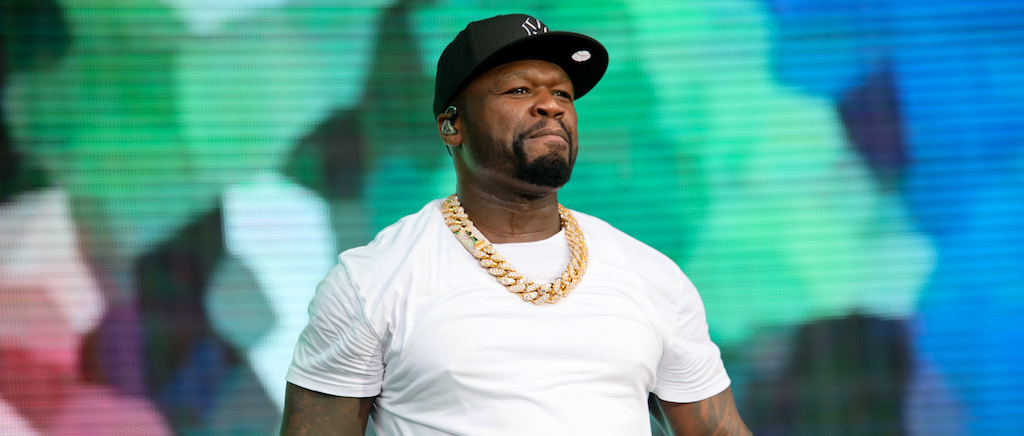
Papa Cristo’s Greek Deli in LA is getting a huge boost in promotion thanks to TBS’ Celebrity Show-Off, Ja Rule’s fictional television show pitch for the new show, and Ja’s hilarious, tongue-in-cheek viral ad for Papa Cristo’s, which is currently making the rounds on social media after airing a few days ago on TBS. Now, some good old-fashioned rap beef has been added to the formula for success which is making Papa Cristo’s, which was already a Los Angeles institution, an even hotter commodity.
50 Cent, with whom Ja feuded throughout the mid-2000s, popped up on the timeline to take another poke at his fellow Queens native. Despite the good intentions behind Ja Rule’s lighthearted ad, 50 continued to mercilessly troll his old rival, writing, “This is what happens when you f*ck with me. I’ll have you and your whole label selling gyros. Go ahead and try me!”
this is what happens when you fuk with me, i’ll have you and your whole label selling Gyro’s
go ahead try me! #bransoncognac #lecheminduroi pic.twitter.com/7bfpo4fDUC
— 50cent (@50cent) June 22, 2020
Of course, Ja’s commercial, hilarious as it is, was actually part of a pitch for a fictional TV show in TBS’ Celebrity Show-Off, a reality competition show premiering this week. The show features celebrities competing to create popular original content, with the winners determined by online engagement. Judging from his content’s reaction online today, Ja Rule’s got a huge head start on the competition, if the show’s producers are tuned into Twitter.
Thanks for making my commercial trend!!! With your help we raised money for @nokidhungry and will be doing so every week on @celebshowoff so vote for ya boy!!! Show premieres tomorrow on @TBSNetwork Opaaa!!!
pic.twitter.com/TfqVz99TwS
— Ja Rule (@jarule) June 22, 2020
Unfortunately for Papa Cristo’s, Ja’s ad went viral on exactly the wrong day; the deli is closed on Monday and Tuesday. That probably won’t stop them from receiving a huge boost in customers when they open up later this week — which was Ja Rule’s goal all along. 50 Cent may have had a nice chuckle, but Papa Cristo might end up getting the real last laugh.
Papa Cristo’s chose the worst two days to be closed smh pic.twitter.com/5rQfI465pk
— dumbfoundead (@dumbfoundead) June 22, 2020
Check out Ja Rule’s hilarious fake ad above along with 50 Cent’s reaction.



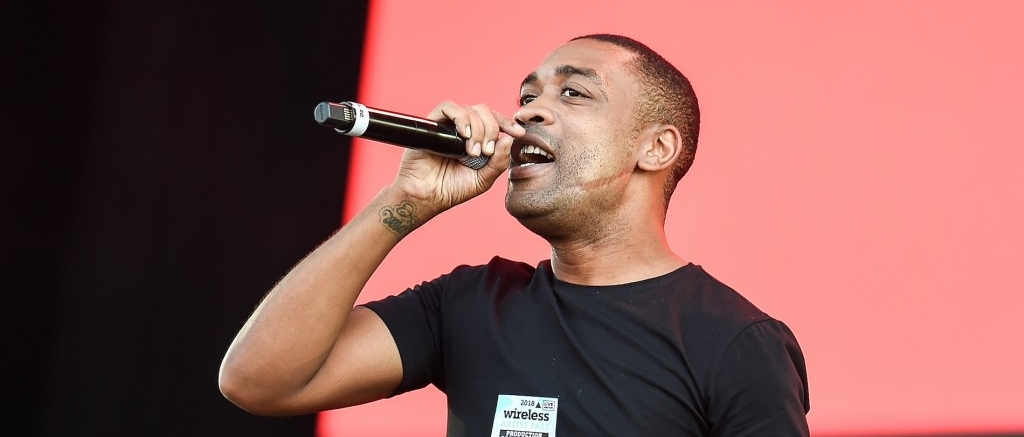
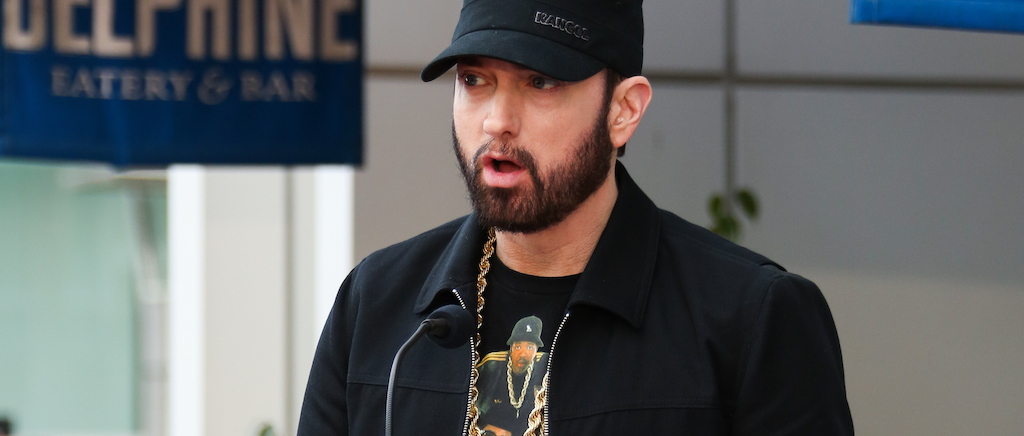
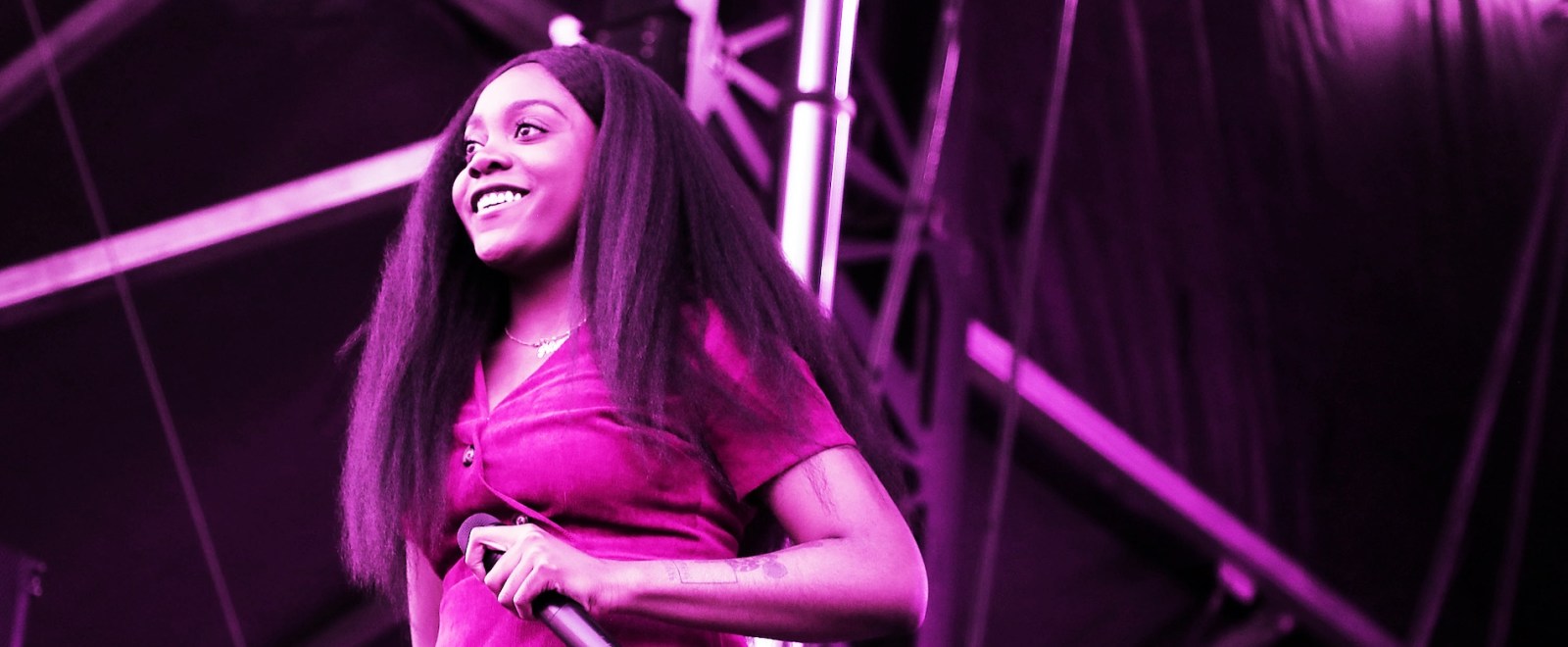
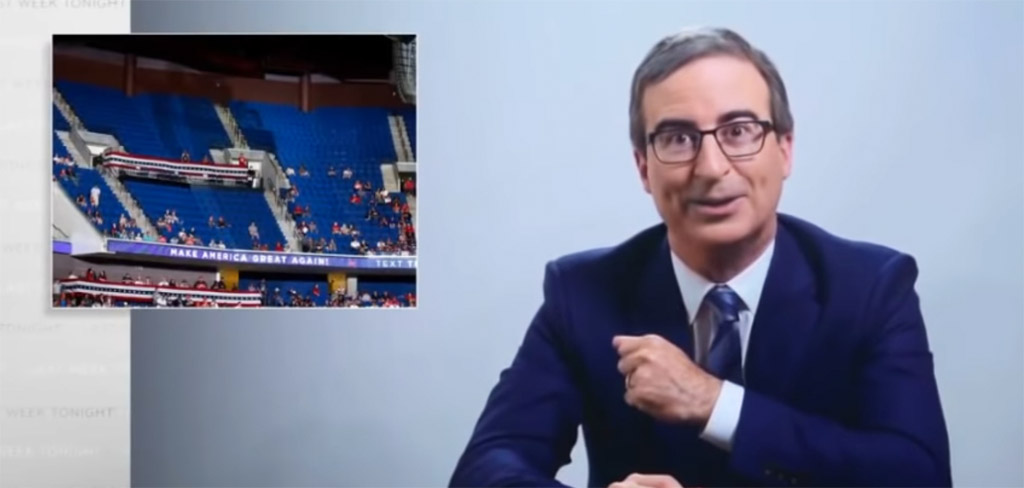

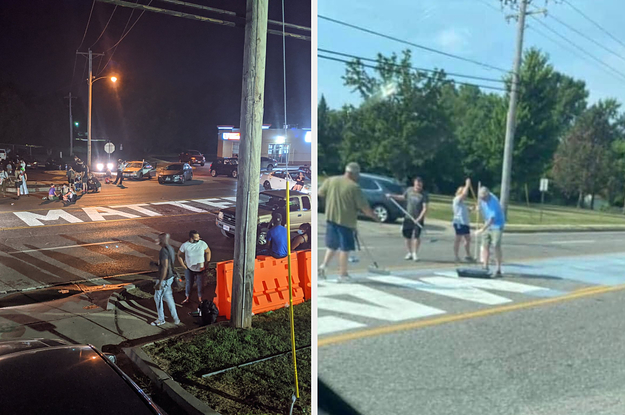
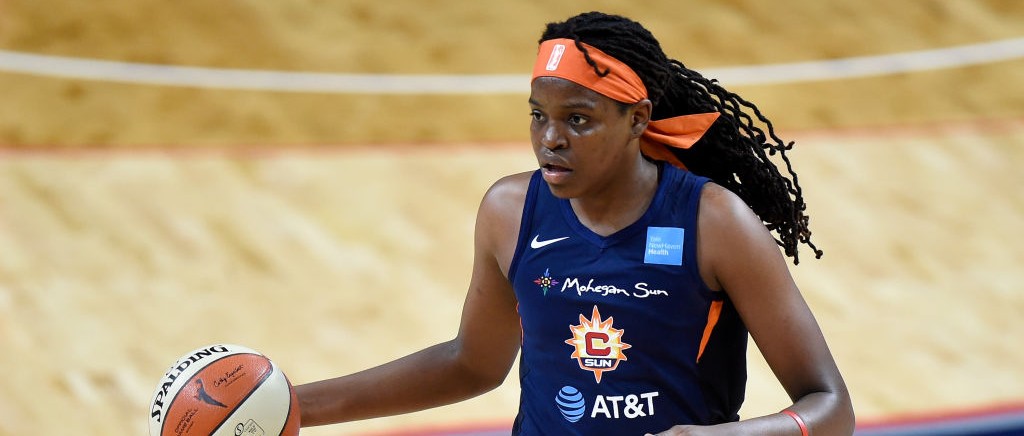
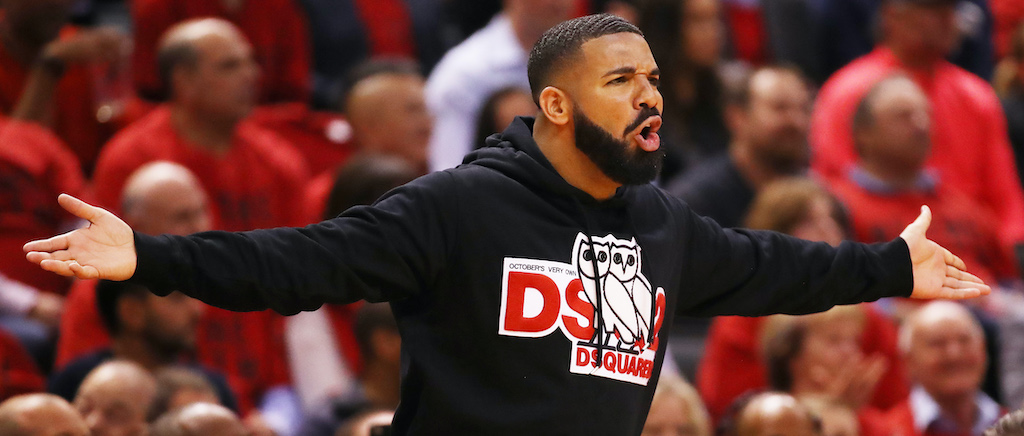
 (@DiaryOfKeysus)
(@DiaryOfKeysus)